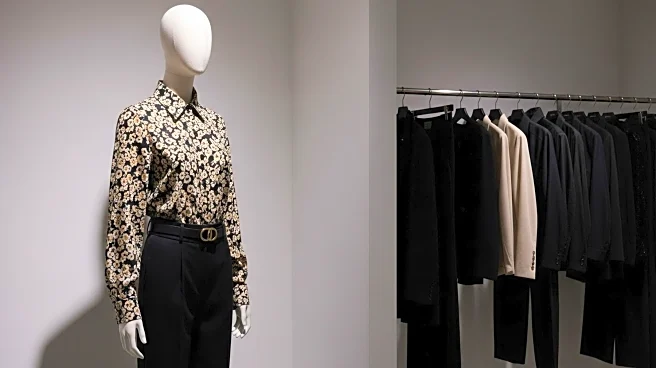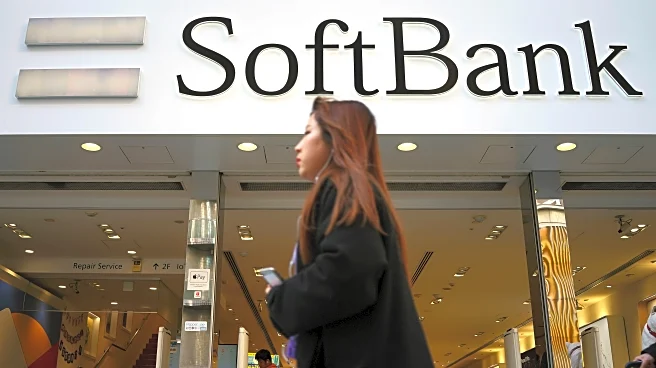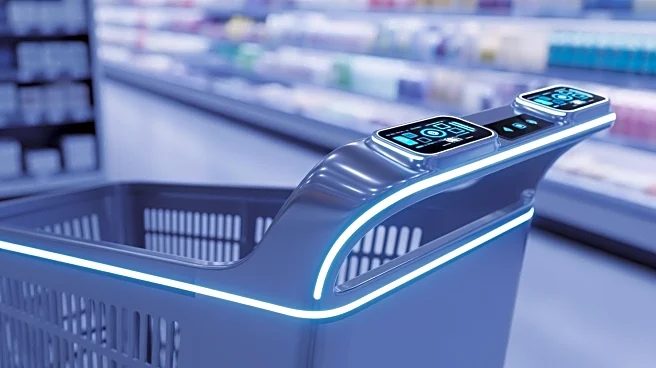What's Happening?
Recovo, a company originally founded in 2021 as a business-to-business (B2B) marketplace for surplus textiles, is transitioning to a direct-to-consumer recommerce model. The company has launched a new software, Recovo Recommerce, designed to help fashion brands integrate resale channels directly into their digital platforms. This strategic shift aims to support brands in managing the circularity of their products, aligning with European regulations on textile waste. The software offers a plug-and-play solution that allows brands to create a resale space under their own visual identity, encouraging repeat purchases and reducing waste. The system uses artificial intelligence to optimize inventory management, authenticate garments, and set competitive resale prices. Recovo's move comes after establishing a network of around 1,100 clients and recovering over 1.7 million meters of fabric across Europe.
Why It's Important?
Recovo's shift to a direct-to-consumer model reflects a growing trend in the fashion industry towards sustainability and circular economy practices. By enabling brands to manage resale channels directly, Recovo is helping them reduce waste and promote sustainable consumption. This move could significantly impact the fashion industry, particularly in Europe, where regulations are increasingly focusing on extended producer responsibility for textile waste. Brands that adopt Recovo's solution may benefit from increased customer loyalty and reduced environmental impact. The use of artificial intelligence in optimizing resale operations also highlights the role of technology in advancing sustainable business practices.
What's Next?
Recovo plans to focus on the premium segment and expand its model internationally, with particular emphasis on the French and German markets. The company has recently secured additional funding, which will support its expansion efforts. As more brands integrate Recovo's recommerce solution, the fashion industry may see a shift towards more sustainable practices. Stakeholders, including fashion brands and consumers, are likely to respond positively to this development, given the increasing demand for sustainable and ethical fashion options.
Beyond the Headlines
The transition to a direct-to-consumer recommerce model by Recovo could have broader implications for the fashion industry. It may encourage other companies to adopt similar sustainable practices, potentially leading to a significant reduction in textile waste. Additionally, the integration of artificial intelligence in managing resale operations could set a precedent for other industries looking to enhance efficiency and sustainability. This development also raises questions about the future of traditional retail models and the role of technology in transforming consumer behavior.










